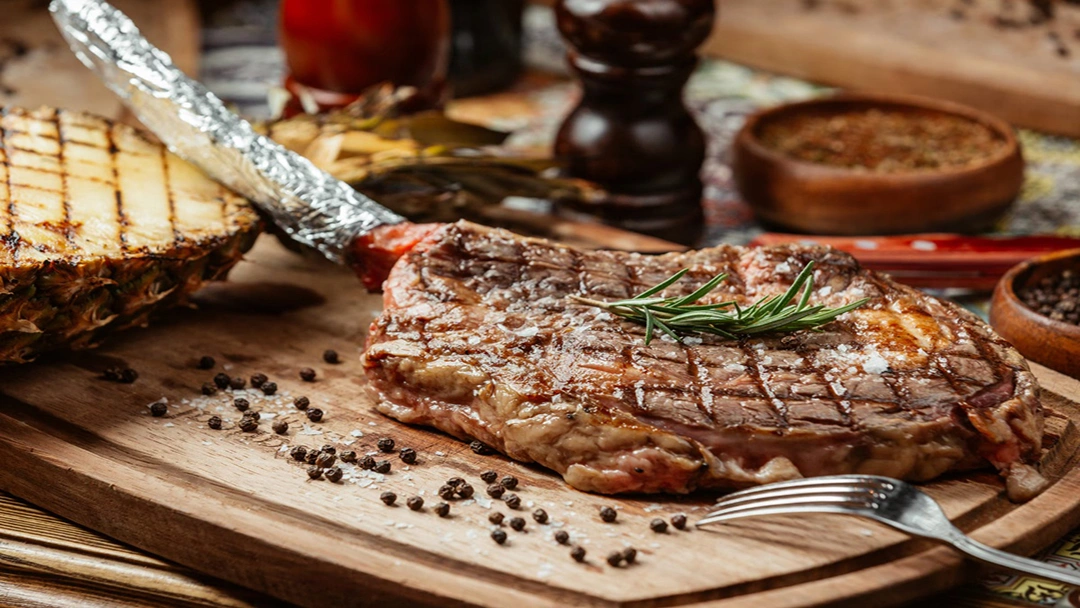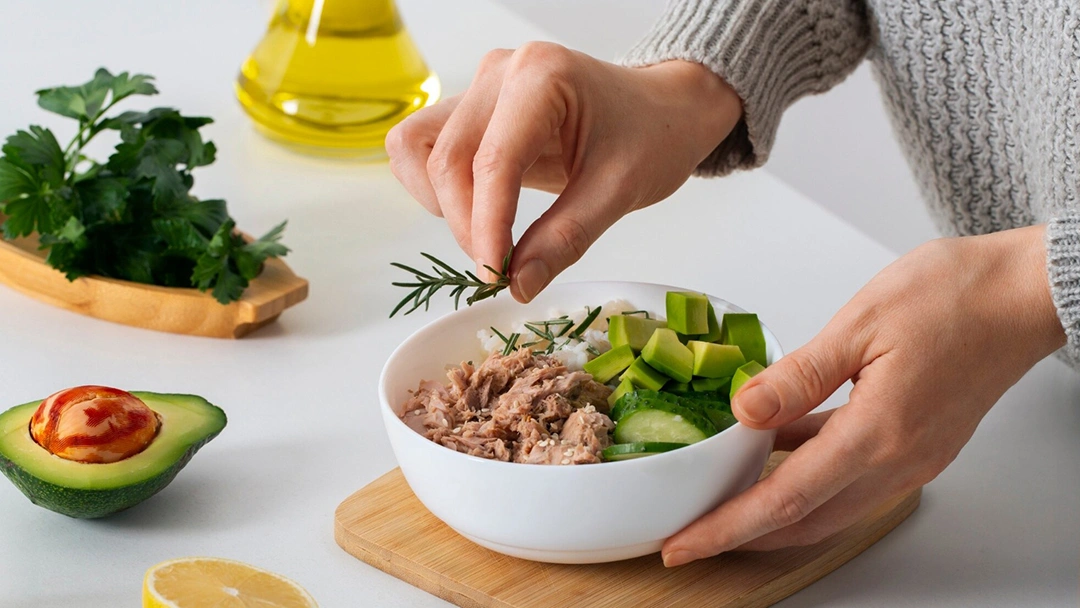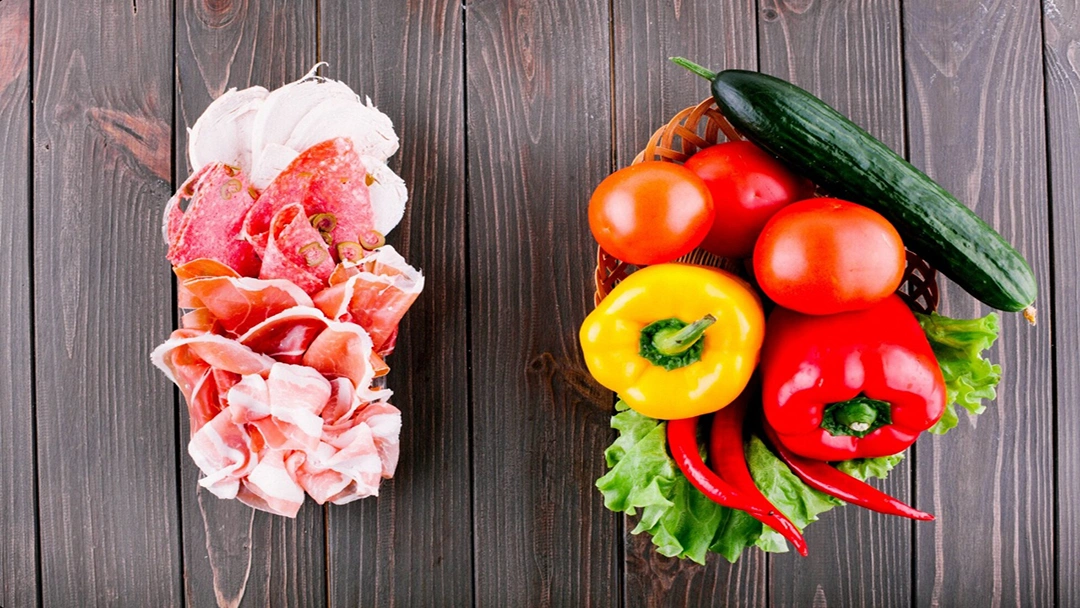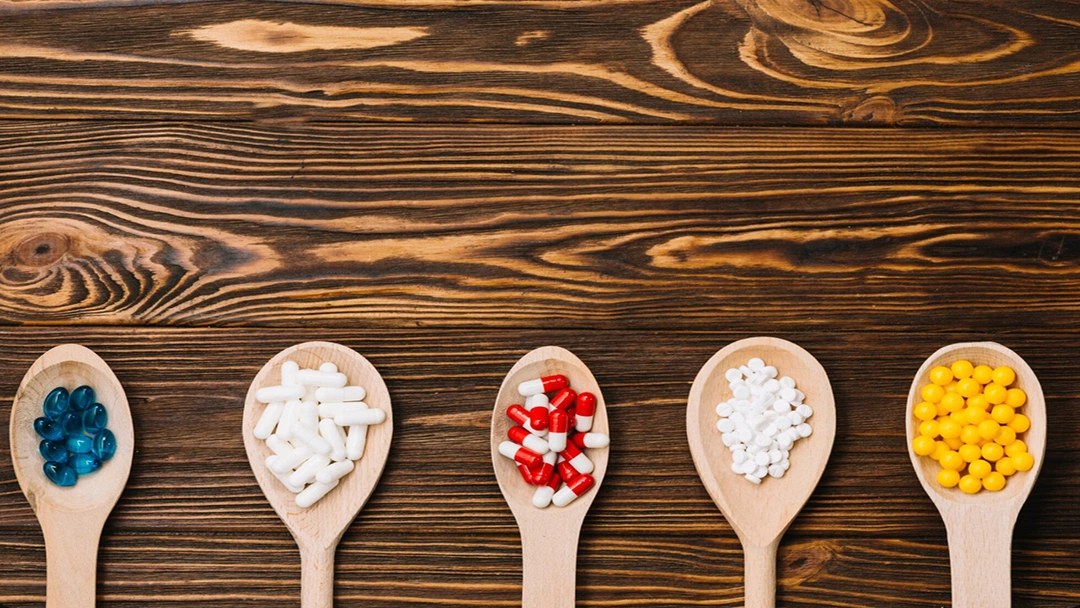5 Best Multivitamins for the Carnivore Diet
Here are 5 best multivitamins for Carnivore Diet:
- Thorne Basic Nutrients,
- Pure Encapsulations One Multivitamin,
- Ancestral Supplements Grass Fed Beef Organs,
- MegaFood One Daily Multivitamin, and
- Optimum Nutrition Multivitamin.
These multivitamin brands are suggested based on the nutrient label, brand reputation, and consumers' comments. Still, you should consult a nutritionist or doctor to ensure which is best for you.
Thorne Basic Nutrients
Thorne's Basic Nutrients offers a good multivitamin and mineral formula with just two capsules daily.
It provides nutrients for heart, brain, nerve, immune, bone, and skin health, such as Vitamins A, D, B, and Zinc, all in absorbable forms.
It’s recommended for teenagers, athletes, and older adults. It's also NSF Certified for Sport®, ensuring that no banned substances are used for athletes.
[cta-meal-plan]
The following list shows the nutrient profile of this multivitamin in each capsule.
- Calcium: 52 mg
- Magnesium: 20 mg
- Manganese: 3 mg
- Selenium: 200 mcg
- Vitamin A: 450 mcg
- Vitamin B12: 600 mcg
- Vitamin C: 250 mg
- Vitamin E: 16.5 mg
- Zinc: 15 mg
Pure Encapsulations One Multivitamin
Pure Encapsulations One Multivitamin is a good supplement that contains essential vitamins and minerals, including highly bioavailable forms of vitamins A, B, C, D, and E.
This supplement promotes eye, cognitive, and cellular health and is suitable for adults aged 18 and more.
One capsule daily with a meal is recommended for the best nutritional support. You can check out the nutrition profile for each capsule in the following list.
- Manganese: 2 mg
- Vitamin A: 1125 mcg
- Vitamin B12: 500 mcg
- Vitamin C: 180 mg
- Vitamin E: 20 mg
- Vitamin D: 50 mcg
- Zinc: 25 mg
Ancestral Supplements Grass-Fed Beef Organs
Ancestral Supplements Grass-Fed Beef Organs offer a rich supplement that provides essential nutrients like vitamin A, B12, coenzyme Q10, heme iron, and selenium.
They support liver health, cardiovascular health, detoxification, digestion, and immune function.
They are sourced from pasture-raised and grass-fed cattle in New Zealand and Australia and are free from hormones, pesticides, GMOs, and fillers.
The organs are freeze-dried and non-defatted, with third-party testing to ensure purity and allergen-free.
[cta-gocarnivore-plans]
1 capsule daily (which is recommended) consists of the following supplements:
- Grass Fed Liver (Bovine): 600mg
- Grass Fed Heart (Bovine): 600mg
- Grass Fed Kidney (Bovine): 600mg
- Grass Fed Pancreas (Bovine): 600mg
- Grass Fed Spleen (Bovine): 600mg
MegaFood One Daily Multivitamin
MegaFood One Daily Multivitamin offers essential vitamins and minerals in one daily tablet.
It includes 21 essential nutrients, such as vitamins C, B, D, zinc, and iron. This multivitamin features food-paired vitamins and fermented minerals, making it suitable to take at any time, even on an empty stomach.
Also, it is verified as non-GMO (Genetically Modified Organisms), gluten-free, and made without allergens.
Each capsule of this multivitamin contains:
- Manganese: 1.2 mg
- Vitamin A: 180 mcg
- Vitamin B6: 6 mg
- Vitamin B12: 15 mg
- Vitamin C: 60 mg
- Vitamin E: 10 mg
- Vitamin D3: 10 mcg
- Vitamin K: 65 mcg
- Iron: 4.5 mg
- Zinc: 6 mg
[cta-meetings]
Optimum Nutrition Multivitamin
Optimum Nutrition Multivitamin has two main products, Opti-men and Opti-women.
Opti-Men comes in 90, 150, and 240 tablet containers, offering a 30, 50, and 80-day supply. Each 3-tablet serving, which can be taken all at once or spread throughout the day, includes vitamins B, C, D, zinc, and 1 gram of free-form amino acids.
Opti-women provides 60 and 120 capsules for 30 and 60 servings and the same vitamins and minerals.
These supplements are intended for use together with a balanced diet and exercise program. The recommended dosage is 3 tablets daily for men and 2 tablets daily for women.
Here are the nutrition details for each serving of Opti-men (3 tablets).
- Manganese: 2 mg
- Vitamin A: 3000 mcg
- Vitamin B6: 18 mg
- Vitamin B12: 27 mزg
- Vitamin C: 300 mg
- Vitamin E: 134 mg
- Vitamin D: 37.5 mcg
- Vitamin K: 75 mcg
- Magnesium: 80 mg
- Zinc: 15 mg
Learn More: The Carnivore Diet Protein Powder: 4 Best Protein Powders
[cta-meal-plan]
Summary
Multivitamins are unnecessary on the Carnivore Diet, as you can get all essential vitamins from animal-based foods.
However, if you have a nutrient deficiency or are among sensitive groups, like older adults, you can take multivitamin on Carnivore Diet only if your doctor approves.
Remember that these supplements are not a substitute for the vitamins found in animal sources and are most effective when included in a balanced diet.






























